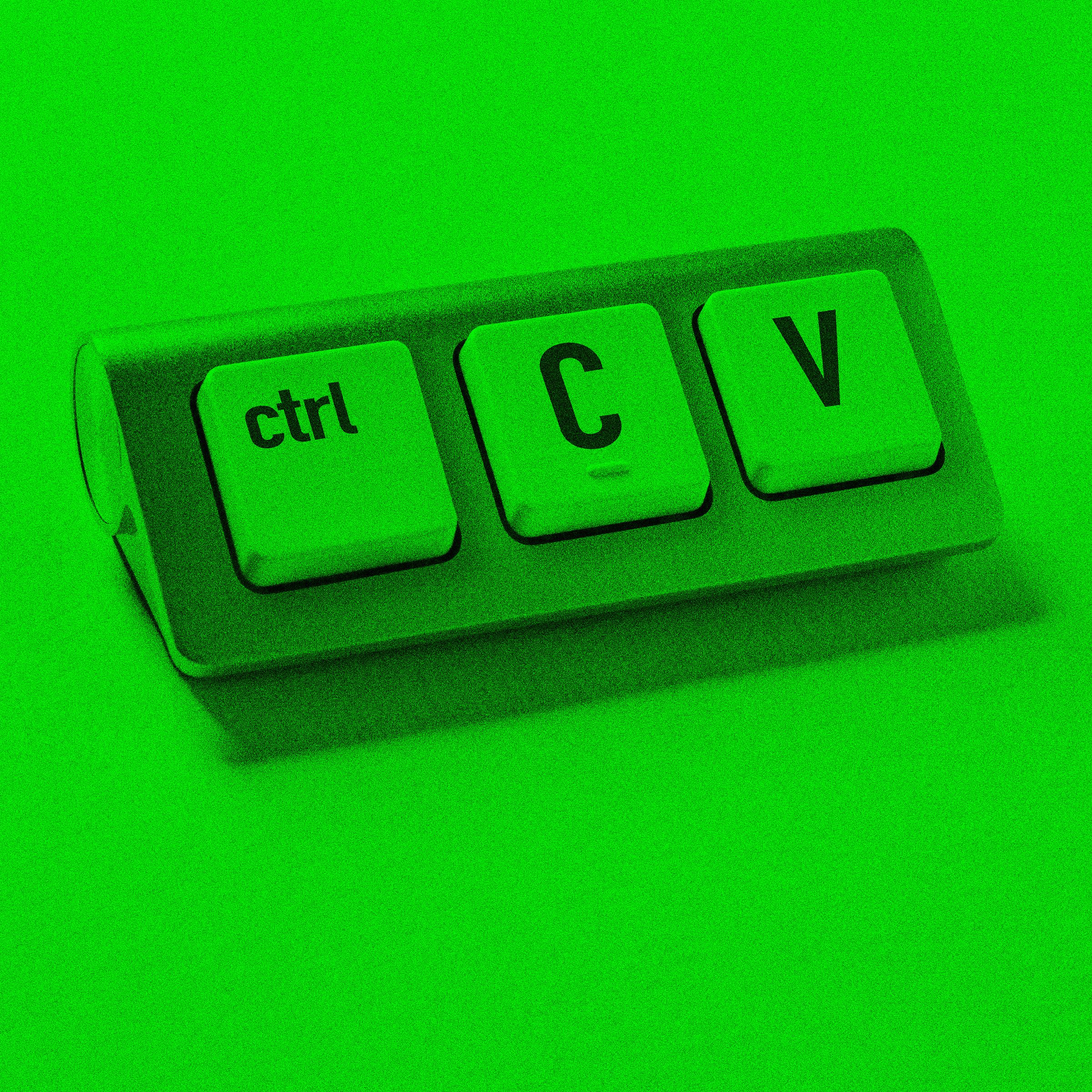Is It Ever Legal—or Ethical—to Remove DRM?
Is It Ever Legal—or Ethical—to Remove DRM?
Digital Rights Management (DRM) is a set of technologies used by content providers to control access and usage of digital...

Is It Ever Legal—or Ethical—to Remove DRM?
Digital Rights Management (DRM) is a set of technologies used by content providers to control access and usage of digital media. However, DRM has been a topic of debate among consumers, content creators, and legal experts for many years.
While DRM is intended to prevent piracy and protect intellectual property rights, it can also restrict consumers’ fair use rights. This has led to some individuals advocating for the removal of DRM on digital content they have purchased.
From a legal standpoint, removing DRM is often considered a violation of the Digital Millennium Copyright Act (DMCA) in the United States and similar laws in other countries. This can result in legal consequences for individuals or companies who engage in DRM removal.
However, there are instances where removing DRM may be considered legal and ethical. For example, if the content owner has abandoned the DRM-protected content or if the DRM is causing technical issues that prevent consumers from accessing the content they legally purchased.
Ultimately, the decision to remove DRM should be carefully considered and weighed against the potential legal and ethical implications. It is important for consumers to be aware of their rights and responsibilities when it comes to digital content and DRM.
In conclusion, while removing DRM may sometimes be justified under certain circumstances, it is important to understand the legal and ethical implications of doing so. Consumers should always strive to support content creators while also advocating for their own fair use rights.




